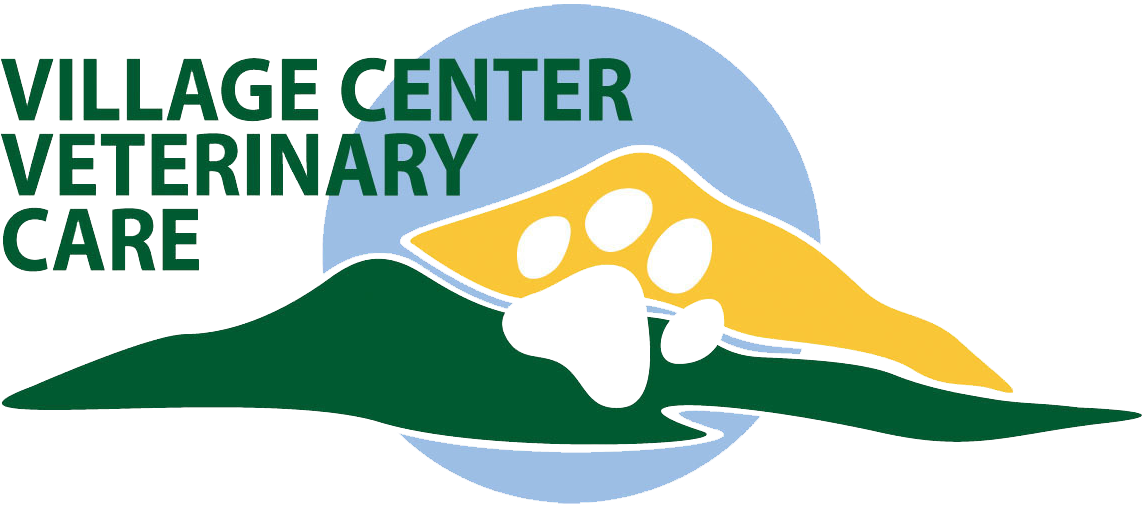Sometimes, especially after a quick and uneventful physical exam and vaccination appointment with a young, healthy animal I can almost hear some owners thinking “I paid sixty bucks for that. I could have told you my pet was fine and saved the wrestling match and lacerations trying to get the cat into the carrier to get here if I just got the vaccines that are so easily available and inexpensive online or at the feed store and gave them myself.” Well, this is the story of some clients of mine that may shed some light on the feed store vaccine issue.
First of all, I want to be clear that these clients are very dear to me and they have always done right by their animals when they have been in need, so we are not talking about lazy, cheap, irresponsible people who just don’t care. The economy is tough right now and the cats were young and healthy, so they made the judgment call to save some money for the family and use feed store vaccines.
Several months ago the owner found the cats surrounding a dead bat. She did the responsible thing and notified the Humane Society, which notified the Health Department, which took the remains of the bat for rabies testing. Unfortunately the cats had eaten the bat’s brain, which is the only tissue that can be used for testing, so it was impossible to tell if the bad had died of rabies or not, and now we had a situation on our hands. The cats may or may not have been exposed to rabies, and the rabies vaccine the owner gave may or may not have been protective. The health department does not acknowledge rabies vaccines unless they are given by a veterinarian, so the feed store rabies vaccines don’t count. Cats with documented rabies vaccines would have needed to be quarantined at the owner’s home for 10 days, cats with no documented rabies vaccine would need to be quarantined for 90 days in a certified medical facility or be immediately euthanized.
We charge about $35 per day for hospitalization in our isolation ward. Multiply that by 90 days for three cats and the cost would be $6,300. I would have been willing to offer a much reduced rate in order to save these cats if possible, but the fact of the matter is that our isolation ward is quite small, as is the case in every private practitioner’s hospital that I know of, and it was physically impossible to house the cats there and also care for any other patients that would come in during that time and need treatment in the isolation ward. The potential for rabies also meant that having the cats in my hospital put our other patients, my staff, and myself at risk for exposure to a deadly virus. So for practical, rather than financial reasons we could not accept the cats for the duration of the quarantine. The final results were that all three cats were euthanized.
Although it was incredibly sad to lose these cats to nothing but a potential exposure to rabies, it is important to emphasize that the people at the Health Department are not the bad guys here. Once a person starts developing signs of illness after contracting rabies the fatality rate is 100%. There is no amount of risk of exposure to rabies that should acceptable to a family, especially with small children. The reason that feed store vaccines are not accepted is that there is no real way to know if the owner stored, reconstituted, and gave the vaccine appropriately. Perhaps the feed store got a shipment of vaccines on a hot July day which sat out on the back loading dock in 100 degree heat for eight hours before being taken inside. It would have looked just fine, but at that point it would have protected against rabies as much as an injection of saline. I have seen enough feed store vaccines fail to protect against parvo to know that the same rate of failure could be true for rabies.
Although the best care for any pet is to have them seen by a regular veterinarian for an appointment that also includes a physical exam, there are compromises available. Hamlett Spay/Neuter clinic gives low cost vaccinations here in town, and there are frequent vaccine clinics given by various organizations that offer inexpensive vaccines. These types of services are usually provided without any sort of exam, but the rabies vaccines will be considered official and documented, so you and your pet will be better protected in case of potential rabies exposure, or if you pet bites someone.

